
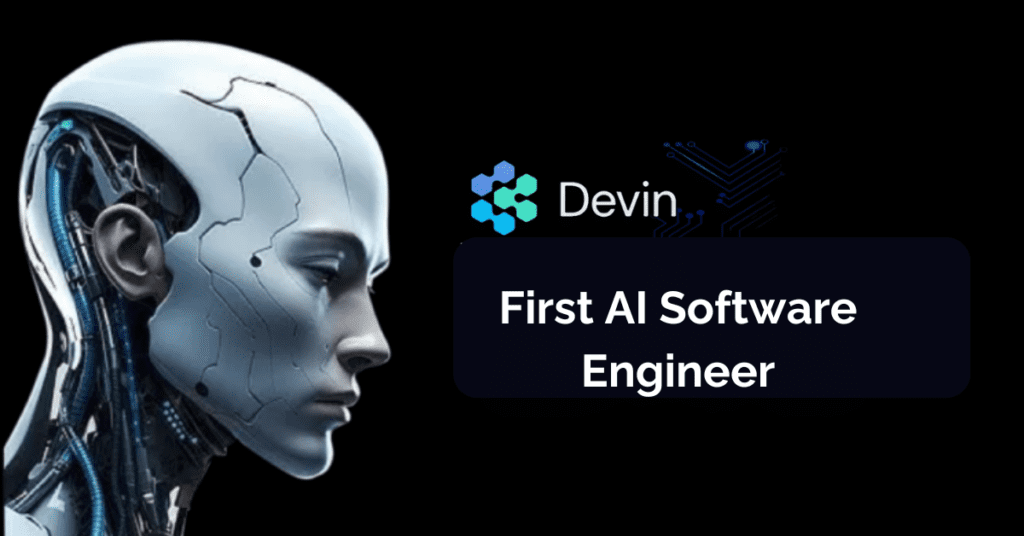
Imagine a world where software engineers have a tireless, super-intelligent teammate by their side. This isn’t science fiction! A company called Cognition created Devin, the world’s first AI software engineer.
This article is your one-stop guide to understanding what an AI software engineer is and how it might change the coding landscape.
An AI software engineer (or AI SWE) is a type of artificial intelligence (AI) designed to assist or even automate tasks traditionally done by human software engineers. It can understand code, write new code, and even debug existing programs.
Think of it as a supercharged coding assistant that can:
An AI software engineer applies artificial intelligence and machine learning techniques to build software applications and systems. These AI-powered systems can help organizations in various ways, from streamlining operations to making better business decisions.
Identifying problems: They collaborate with human engineers to pinpoint areas where AI can offer solutions. This might involve tasks that are repetitive, data-driven, or require complex decision-making.
In essence, AI software engineers are the bridge between artificial intelligence and the software development world. They leverage machine learning to create intelligent systems that can automate tasks, improve efficiency, and solve complex problems within the software engineering domain.
Devin AI, the world’s first AI software engineer, wasn’t built overnight. Created by Cognition, a company focused on AI advancements, Devin represents a culmination of machine learning techniques and vast amounts of data. Here’s a deeper look into Devin’s creation:
Learning from the Masters: Machine Learning at Play
At the heart of Devin AI lies machine learning. This field of AI allows computers to learn and improve without explicit programming. For Devin, this translates to being trained on massive datasets of code. Imagine textbooks filled with lines of code written in various programming languages. Devin pores over this data, analyzing how code snippets work together, how different functions are achieved, and the overall structure of programs. This extensive training allows Devin to understand the language of code and its underlying logic.
From Data to Decisions: Artificial Intelligence Takes Over
Once trained on mountains of code, Devin’s artificial intelligence core kicks in. This allows Devin to do more than just recognize code patterns. It can analyze code, understand its purpose, and even predict the most likely outcome based on its understanding. Think of it as taking the knowledge from the “code textbooks” and applying it to solve real-world problems. For instance, if you give Devin a description of a program you want to build, Devin can use its knowledge to generate the code itself, or if you have a program with an error, Devin can analyze the code and pinpoint the issue.
Devin AI’s current status is a bit of a grey area. Cognition Labs, the company behind Devin, hasn’t announced a full public release yet. There’s a demo version available on their website that showcases some of Devin’s capabilities.
Devin AI is unlikely to be the end of coding. Instead, it represents the future of collaborative coding. Imagine Devin as a super-intelligent teammate who can automate repetitive tasks, identify bugs, and even generate code based on your instructions. This frees up human programmers to focus on the creative aspects of software development, like solving complex problems and user experience design.
AI tools like Devin are unlikely to entirely replace coders. Here’s why:
Devin AI is a valuable tool that can streamline coding and empower developers. However, it’s not a replacement for human coders and their irreplaceable skillset. The future of software development likely involves humans and AI working collaboratively to create even more powerful solutions
Devin AI has the potential to significantly impact software development in several ways:
Increased Efficiency: Repetitive tasks like writing boilerplate code, fixing common bugs, and code generation can be automated by Devin, freeing up developers’ time for more complex problem-solving and innovation. This can lead to faster development cycles and increased productivity.
Improved Code Quality: Devin’s ability to identify and fix bugs, along with suggesting code optimizations, can lead to more robust and secure software applications.
Democratization of Development: Devin’s ability to translate natural language descriptions into code could potentially allow people with less coding experience to create basic applications. This could open up software development to a wider range of people.
Shifting Developer Roles: As Devin takes over more routine tasks, developers will likely need to adapt their skillsets. They may focus more on:
New Development Paradigms: The way we approach software development might change entirely. Imagine sketching out your app’s functionalities in plain English and having Devin translate it into working code. This could lead to faster prototyping and iteration cycles.
Challenges and Concerns:
It’s important to acknowledge some potential challenges:
Overall, Devin AI presents a range of exciting possibilities for the future of software development. While it’s not likely to replace developers entirely, it has the potential to be a powerful tool that can streamline workflows, improve code quality, and open doors to new ways of creating software.

Devin AI is currently in early access and not yet available to the general public. However, based on available information, here’s a general idea of how you might use it in the future:
Things to keep in mind:
Remember, this information is based on what’s known publicly about Devin AI. The specific functionalities and user interface might differ when it becomes widely available.
Devin AI, the innovative AI software engineer, is the brainchild of Cognition Labs, a startup company. The CEO behind this groundbreaking project is Scott Wu.
Wu isn’t just the CEO, but also a key figure in the development of Devin. Cognition Labs itself is a relatively small team, consisting of around ten members. Wu, along with co-founder and CTO Steven Hao, lead this group of talented individuals, several of whom were competitive coders before joining forces. Their approach combines training massive language models with reinforcement learning to create this unique AI.
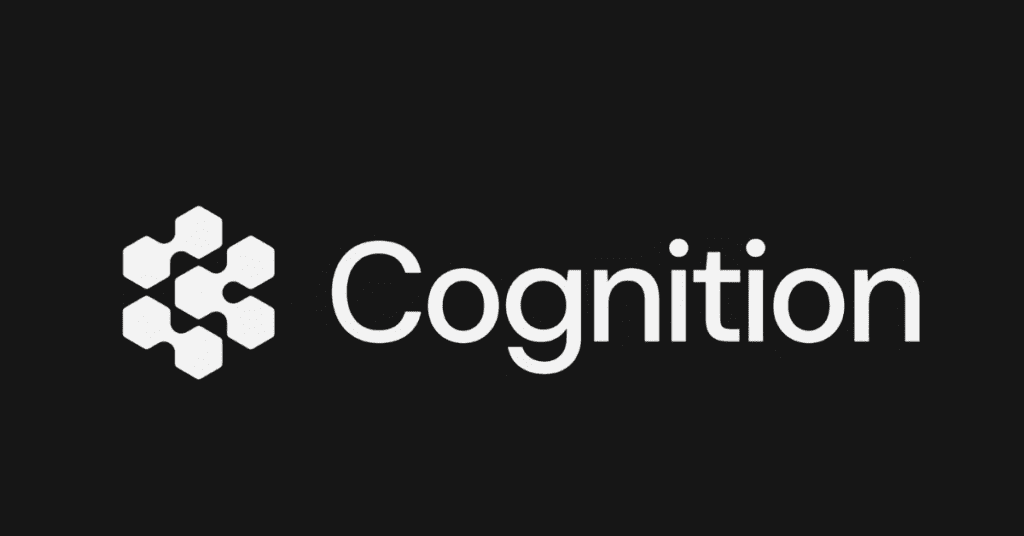
While Devin AI promises to be a powerful tool for software development, it does come with some drawbacks:
Devin AI is a promising tool that shows potential to significantly improve software development workflows.Let’s discuss its strengths and limitations to understand how good it is:
Strengths:
Limitations:
Overall, Devin AI appears to be a valuable tool with the potential to boost developer productivity. However, it’s important to remember it’s a tool, not a replacement for human developers. The best results are likely to come from combining Devin’s capabilities with human expertise.
Devin AI is likely built on top of a large language model (LLM). Here’s why:
Devin AI caused a stir with its advanced capabilities, but there are several exciting alternatives depending on your needs:
Open-source options:
Specialized Tools:
Alternative Approach:
Category | Tools |
Open Source | Devika AI (Focuses on open-source collaboration for developers) |
SWE Agent (Excels at fixing bugs in real codebases) | |
OpenDevin (Open-source take on Devin AI itself) | |
Specialized Tools | Replit Code Repair (Prioritizes swift bug fixing within your workflow) |
Multi-purpose AI Assistants | Ollama (Integrates various large language models (LLMs) for coding tasks) |
MetaGPT for Code (Acts as a virtual software company, handling various development stages) |
Feature | Devika AI | SWE Agent | OpenDevin | Replit Code Repair | Ollama | MetaGPT for Code |
Type | Open-source AI coding assistant | Open-source AI coding assistant | Open-source AI coding assistant | Specialized bug fixing tool | Multi-purpose AI assistant for coding | Multi-purpose AI assistant for coding |
Focus | Open-source collaboration, budget-friendly | Fixing bugs in real codebases | User-friendly interface, open-source | Fast and integrated workflow bug fixing | Integrates various LLMs for coding tasks | Virtual software company with multiple AI agents |
Code access | Open-source | Open-source | Open-source | Not applicable | Access to various LLM outputs | Access to various LLM outputs |
Cost | Free (open-source) | Free (open-source) | Free (open-source) | Free plan and paid plans | Free plan and paid plans | Free plan and paid plans |
Best for | Developers seeking open-source collaboration | Developers prioritizing bug fixing | Developers comfortable with open-source and user-friendly interface | Developers valuing fast, integrated bug fixing | Developers working with various LLM functionalities | Full-fledged development team seeking AI assistance across stages |
The development of AI software engineers is a significant step forward in the field of AI. As technology continues to evolve, we can expect to see even more advanced AI tools emerge, transforming the software development landscape.
This is an exciting time to be interested in technology! Whether you’re a software developer or simply curious about AI, keep an eye on this space. The future of coding might be more collaborative (and intelligent) than ever before.

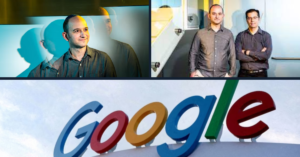



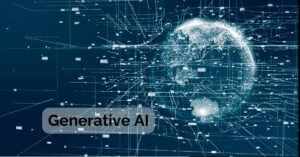
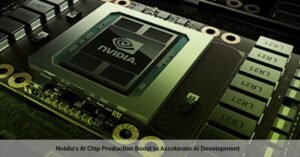

@2023-2024-All Rights Reserved-JustAiTrends.com